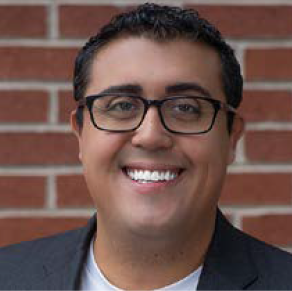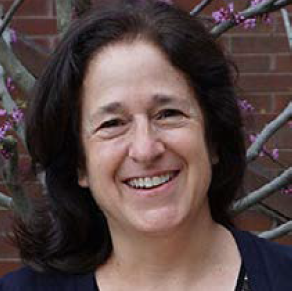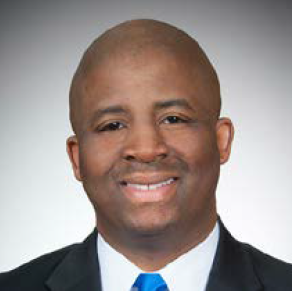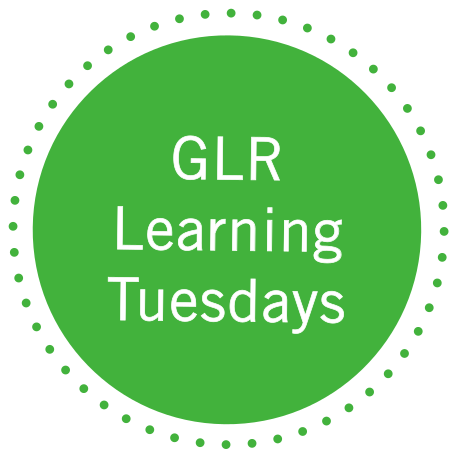
- This event has passed.
Big Bets Working: Keeping the Commitment to Tutoring Alive and Strong
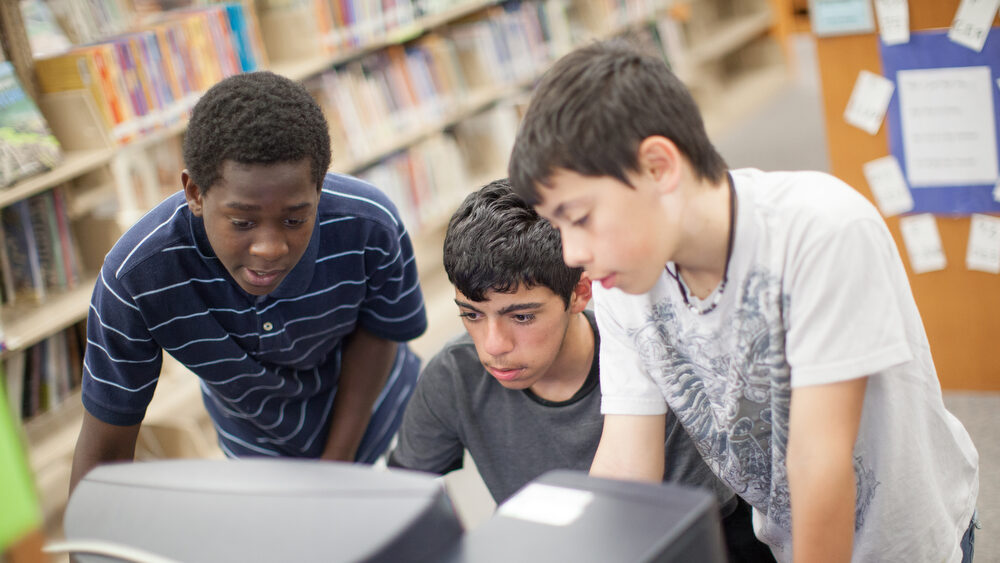
In this GLR Learning Tuesdays webinar, we focused on identifying and celebrating where and how tutoring — an essential strategy that has the promise of delivering more than the usual increments of progress toward transformative change — is enabling educators and their community partners to move the needle on equitable learning recovery. Moderator Pete Lavorini of Overdeck Family Foundation engaged in discussion with a leading researcher, policy advocate and journalist to gain perspective on the national landscape and the key characteristics of effective tutoring practices that are advancing the Potential of High-Impact Tutoring. These leaders, along with executives from successful national tutoring programs who have achieved results and joined our conversation, discussed what keeps a tutoring program alive and strong — even in the face of the impending ESSER funding cliff.
Our discussion began with Susanna Loeb, Ph.D., of the National Student Support Accelerator at Stanford University providing a clear definition of high-impact tutoring, including the research indicating the key elements that make tutoring most effective in advancing student learning progress. Journalist Linda Jacobson of The74 Media then shared three standout examples of unique and impactful tutoring programs achieving academic gains that have been featured in The74, including virtual tutoring and parents as tutors. Kevin Huffman at Accelerate dove into the ways that several states are enabling high-impact tutoring through policies in support of partnerships and implementation, such as outcomes-based contracting with school districts.
“High-impact tutoring is intensive, meaning that it takes place multiple times per week over an extended period of time. It’s also relationship based because relationships drive student engagement and motivation. And this means that the tutoring is with the same tutor every time and that tutor is well trained and supported on relationship-building skills as well as on instruction and academic content. And then, in addition to being intensive and relationship based, it’s individualized. That’s where you get the strength of tutoring and that tutors use data along with high-quality instructional approaches and materials to design instruction to meet each student’s individual needs.”
– Susanna Loeb, Stanford University
After the discussion of research and policy, we were joined by national tutoring program leaders who shared their specific, on-the-ground tactics that generate working partnerships with schools, meaningful tutor-tutee matches, and quality training and preparation for tutors. AJ Gutierrez of Saga Education and Phillip M. Robinson, Jr., of Reading Partners discussed how they prioritize relationship building at all levels — with school teams, between tutors and students, with families, etc., and how the ability to achieve academic progress with students is built on this critical foundation. Gutierrez touched on what needs to be in place for tutors to be confident and effective:
“With the right supports in place through training, really intentional curriculum design and support, tutors can have extraordinary impact on academic outcomes and as a way to supplement classroom instruction, not as a way to supplant core classroom instruction. And so that’s really important from a human capital perspective. I think the pool of people who could potentially be qualified tutors is broad and there’s opportunity to tap in some really great talent.”
Panel
